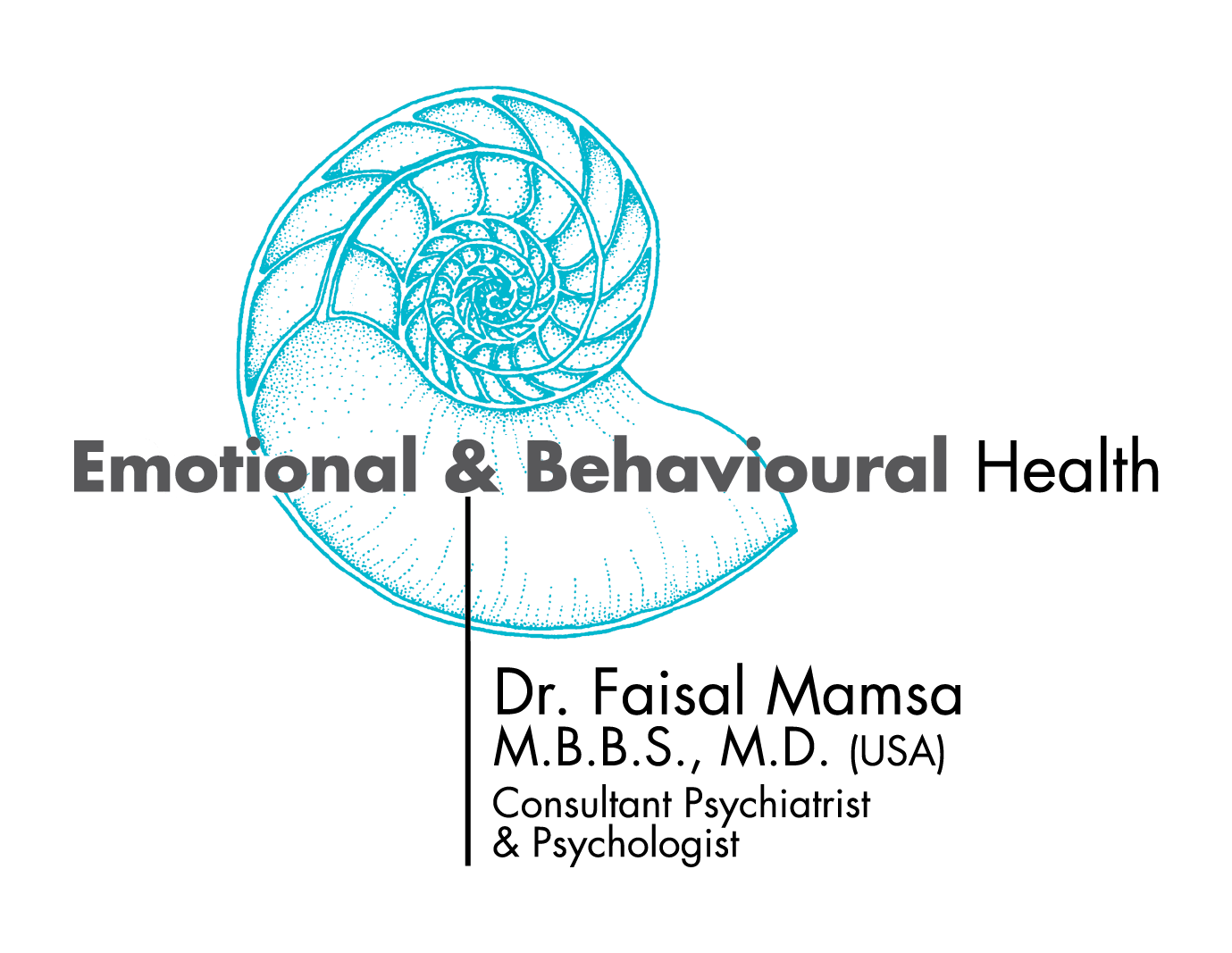
Personality is the way of thinking, feeling and behaving that makes a person different from other people. An individual’s personality is influenced by experiences, environment (surroundings, life situations) and inherited characteristics (genetics). A person’s personality disorders typically stays the same over time. A personality disorder is a way of thinking, feeling and behaving that deviates from the expectations of the culture, causes distress or problems functioning, and lasts over extended period of time.
What are Personality Disorders?
There are 10 specific types of personality disorders and are long-term patterns of behavior and inner experiences that differs significantly from what is expected. The pattern of experience and behavior begins by late adolescence or early adulthood and causes distress or problems in functioning. Without treatment, personality disorders can be long-lasting.
Personality disorders affect at least two of these areas:
- Way of thinking about oneself and others
- Way of responding emotionally
- Way of relating to other people
- Way of controlling one’s behavior
- Types of personality disorders
Different Types of Personality Disorders:
- Antisocial Personality Disorder: a pattern of disregarding or violating the rights of others. A person with antisocial personality disorder may not conform to social norms, may repeatedly lie or deceive others, or may act impulsively.
- Avoidant Personality Disorder: a pattern of extreme shyness, feelings of inadequacy and extreme sensitivity to criticism. People with avoidant personality disorder may be unwilling to get involved with people unless they are certain of being liked, be preoccupied with being criticized or rejected, or may view themselves as not being good enough or socially inept.
- Borderline Personality Disorder: a pattern of instability in personal relationships, intense emotions, poor self-image and impulsivity. A person with borderline personality disorder may go to great lengths to avoid being abandoned, have repeated suicide attempts, display inappropriate intense anger or have ongoing feelings of emptiness.
- Dependent Personality Disorder: a pattern of needing to be taken care of and submissive and clingy behavior. People with dependent personality disorder may have difficulty making daily decisions without reassurance from others or may feel uncomfortable or helpless when alone because of fear of inability to take care of them-selves.
- Histrionic Personality Disorder: a pattern of excessive emotion and attention seeking. People with histrionic personality disorder may be uncomfortable when they are not the center of attention, may use physical appearance to draw attention to themselves or have rapidly shifting or exaggerated emotions.
- Narcissistic Personality Disorder: a pattern of need for admiration and lack of empathy for others. A person with narcissistic personality disorder may have a grandiose sense of self-importance, a sense of entitlement, take advantage of others or lack empathy.
- Obsessive-Compulsive Personality Disorder: a pattern of preoccupation with orderliness, perfection and control. A person with obsessive-compulsive personality disorder may be overly focused on details or schedules, may work excessively not allowing time for leisure or friends, or may be inflexible in their morality and values. (This is NOT the same as obsessive compulsive disorder.)
- Paranoid Personality Disorder: a pattern of being suspicious of others and seeing them as mean or spiteful. People with paranoid personality disorder often assume people will harm or deceive them and don’t confide in others or become close to them.
- Schizoid Personality Disorder: being detached from social relationships and expressing little emotion. A person with schizoid personality disorder typically does not seek close relationships, chooses to be alone and seems to not care about praise or criticism from others.
- Schizotypal Personality Disorder: a pattern of being very uncomfortable in close relationships, having distorted thinking and eccentric behavior. A person with schizotypal personality disorder may have odd beliefs or odd or peculiar behavior or speech or may have excessive social anxiety.
What Causes Personality Disorders?
As mentioned earlier, both, genetics and the environment factors contribute towards development of a personality disorder. However, it is important to note that when we say genetics may contribute, we are referring to the innate personality traits with which we are born with that predisposes us to develop the disorder, but not the disorder itself. For instance, a teenager with a family history of depression or anxiety disorders may be more likely to develop a bipolar disorder, as compared to someone with no history of mental illnesses.
It is basically the innate nature and then the surrounding factors which is nurture that gives rise to a personality disorder. Most commonly, these disorders develop in teenage years, because that is when the personality develops and matures the most. Consequently, most people diagnosed with personality disorders are above 18 years of age. In addition, some disorders like Borderline Personality Disorder and Histrionic Personality Disorder are more common in women, while disorders like Antisocial Personality Disorder are common in men. Exceptions, however, are always there, and it is best to let your psychiatrist make an informed and detailed diagnosis.
Diagnosis and Treatment:
Personality disorders can be hard to diagnose if the doctor does not give enough time to the patient and just briefly checks the patient and prescribes the medication. As most people suffering from these disorders (unlike people suffering from anxiety disorders, for instance) believe their behaviors to be normal, a psychiatrist must give time to the patient and at times collateral information is required from the family. This is where the role of family and friends comes in; if you know of a person you think may be going through a personality disorder which is coming in the way of their functioning in daily life, try to have a conversation with them and to encourage them to seek help.
Personality disorders are treated with a combination of medication and psychotherapy. Dr. Mamsa’s multi-modal treatment methodology involves a combination of expertise in psychopharmacology (medical treatment) with psychotherapy. He emphasizes a strong belief in the additive effect of various treatment modalities to work in conjunction rather than simply prescribing medication. For more information, feel free to contact us; we are here for you.

